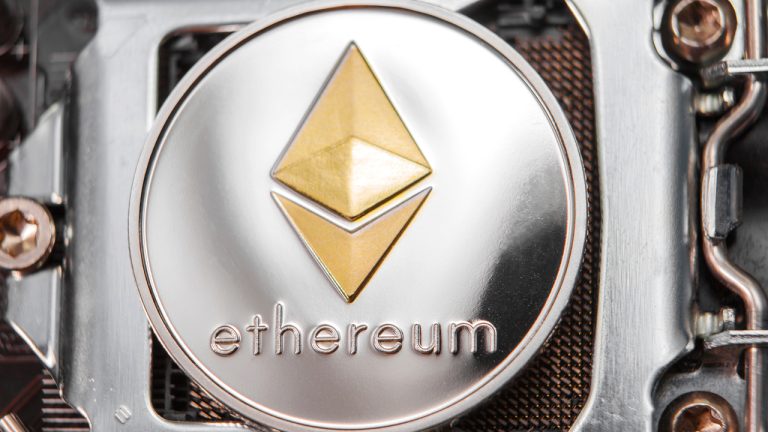
26 days ago, Ethereum transitioned from a proof-of-work (PoW) network to a proof-of-stake (PoS) blockchain and after the change, the network’s fees remained low. This week, however, Ethereum’s gas fees have increased as data from October 10 shows the average fee tapped a high of $4.75 per transaction.
Ethereum’s Average Gas Fees Jump Over 80% in 3 Days
Ethereum’s gas fees have ticked upwards, jumping 84% higher from $2.58 per transaction on October 8, to $4.75 per transfer on October 10. Ethereum fees have not breached $4 since August 11, 2022, or roughly 61 days ago.
Statistics from bitinfocharts.com indicates that the median transfer fee on October 10 is $2.2 per transfer. Etherscan.io’s gas tracker also shows an increase as today’s high priority fee is around 27 gwei or $0.62 per transfer.
44 days ago or on August 28, 2022, etherscan.io’s gas tracker shows that fees were lower prior to The Merge as a high priority fee was around 11 gwei or $0.34 per transfer. While fees are around $0.62 for a high-priority transfer, swapping and moving an ERC20 token can cost more.
An Opensea sale is $2.13 per transaction today, when it was $1.17 per transaction on August 28. A Uniswap trade has an estimated cost of around $5.49 and 44 days ago, it was around $3.03.
Sending an ERC20 token like USDT or USDC will cost $1.61 today and on August 18, it was around $0.89 per transaction. Layer two (L2) fees are still much cheaper than Ethereum’s onchain transfer statistics.
Metis Network is around $0.01 to transfer ETH, while Loopring will cost $0.02. Both Zksync and Arbitrum will cost around $0.03 to transfer ETH and Optimism is a bit more expensive today, at $0.10 per transfer.
Boba network is around $0.15 per transaction and the Aztec network is around $0.25 per transfer. The cost to swap an ERC20 using an L2 protocol can cost between $0.05 to $0.32, depending on which L2 is chosen.
Since The Merge on September 15, while ETH fees increased, block times have been faster than they were prior to the transition, but only by milliseconds. Pre-Merge block times show 0.244 minutes while post-Merge block intervals are 0.201 minutes or 17% faster than before September 15.
While many people assumed gas fees would be cheaper after The Merge, the Ethereum Foundation stressed well before the transition that The Merge upgrade would not affect gas fees and throughput.
“The Merge deprecates the use of proof-of-work, transitioning to proof-of-stake for consensus, but does not significantly change any parameters that directly influence network capacity or throughput,” the Ethereum Foundation said on August 16.
What do you think about Ethereum’s gas fees rising? Let us know what you think about this subject in the comments section below.
















